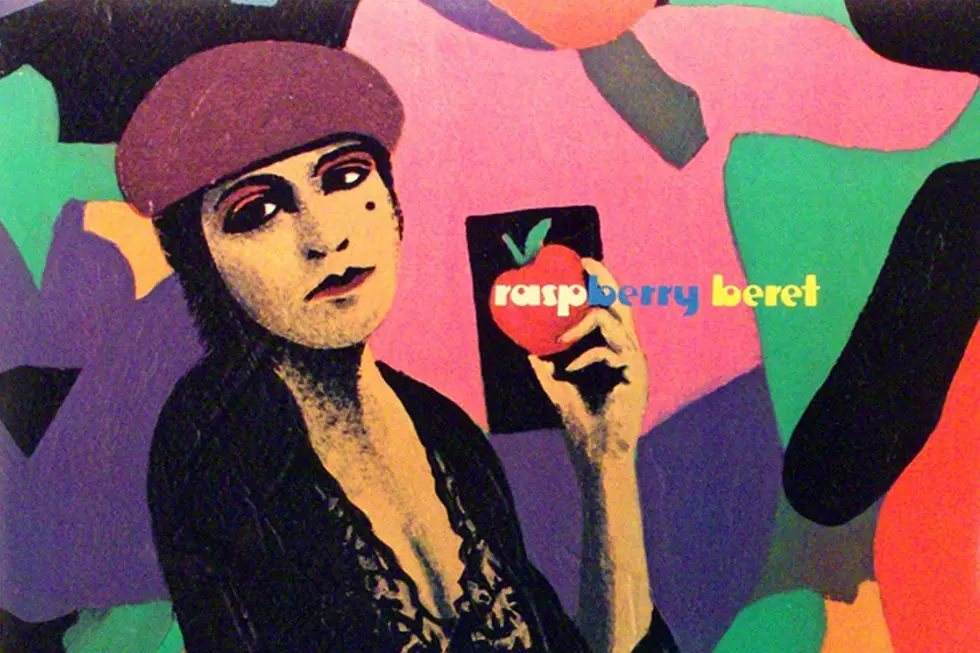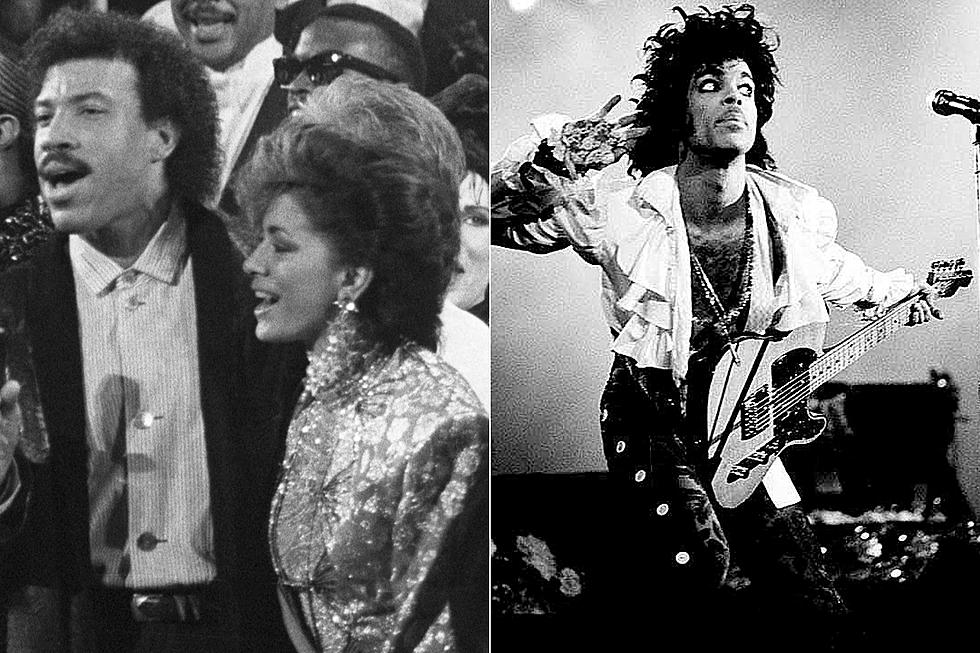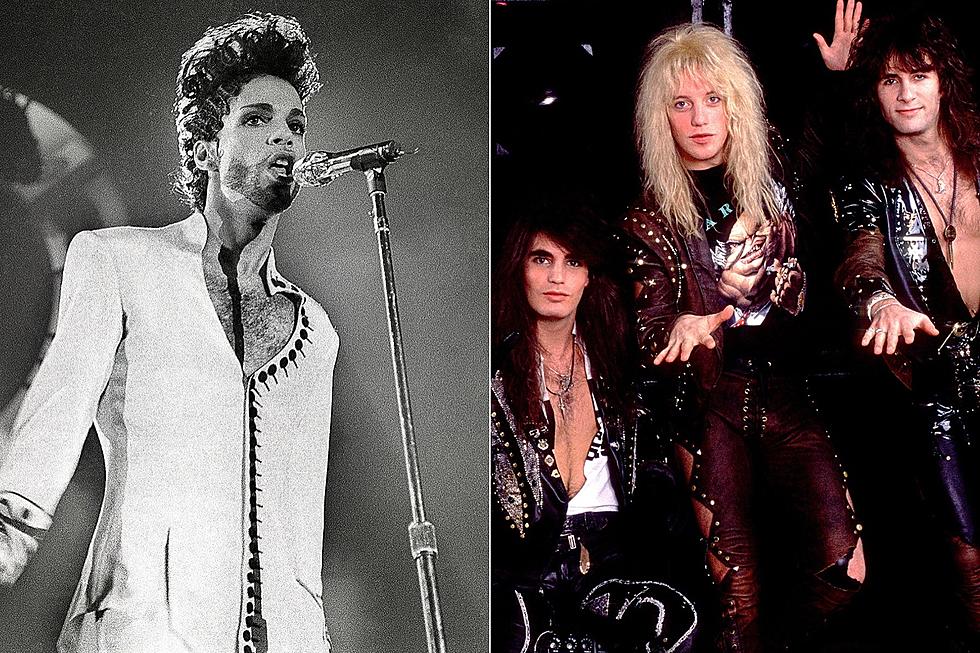
Prince’s Sweetly Romantic ‘Raspberry Beret’ Defies Expectations
With "Raspberry Beret," Prince completed a trilogy of pop confections that also included "Take Me With U" and "Manic Monday," adding yet another iconoclastic twist to 1985's Around the World in a Day. It couldn't have had less to do with the lean, torrid grooves of the preceding album's "When Doves Cry," to say nothing of the flinty, guitar outburst on "Let's Go Crazy."
Prince seemed to be purposefully distancing himself from the outsized successes of Purple Rain. In truth, however, much of Around the World in a Day was recorded while sessions with the Revolution continued for Prince's breakthrough 1984 project – with the notable exception of "Raspberry Beret," which had first been demoed in 1982, and was completed in August 1984 after Purple Rain was released.
So what made the kaleidoscopic Around the World in a Day seem so, well, different? It was principally a matter of approach. Prince was determined to do things his own way, releasing the album with little fanfare, and staying off the road. The colorful cover for this first release from Prince's new Paisley Park Records featured a psychedelic painting by Doug Henders – chosen, Prince told Rolling Stone in 1985, "because I thought people were tired of looking at me. Who wants another picture of him?"
Around the World in a Day itself seemed determinedly small-scale – save for one or two songs, "Raspberry Beret" among them. No single was released prior to the album, and when Prince finally acquiesced for this new song on May 15, 1985, he again took an unusual approach with the video. In it, a newly shorn Prince pointedly cleared his throat before the main song began, prompting MTV VJ Mark Goodman to ask what that actually meant. "I just did it ... to do something no one else would do," he answers in Prince: Inside the Music and the Masks.
As millions of freshly minted fans were quickly learning, that was the essence of Prince, the master of confounding expectations. This sense of rugged individuality permeates "Raspberry Beret," which – along with five others on the nine-track Around the World in a Day – is essentially a solo performance. The song was completed with only a group of background vocalists that included the Revolution's Wendy Melvoin and Lisa Coleman, and a trio of strings.
Fans might have been expecting something that rocked more, or something that grooved more, or something that displayed a more overtly sexual attitude. Instead, Prince offered a moment of sweet, unadorned romanticism, with sly, winking lyrics couched in a breezy orchestration that was as lighthearted as a certain girl's signature accessory.
And yet Purple Rain simply would not go away. The follow up was a solid hit, spending three weeks at No. 1 on the way to double-platinum sales. But Around the World in a Day arrived less than a month after Prince claimed an Academy Award for best original song score for Purple Rain, even as that earlier album – which sold a whopping 10 million copies in the U.S. alone – lingered on in the Top 200 through the end of 1985.
Still deeply restless, Prince made a dramatic creative shift after just one more album with the Revolution.
“In some ways, [Purple Rain] was more detrimental than good," Prince admitted much later, in a 1999 talk with Entertainment Weekly. "People’s perception of me changed after that, and it pigeonholed me. I saw kids coming to concerts who screamed just because that’s where the audience screamed in the movie. That’s why I did Around the World in a Day, to totally change that. I wanted not to be pigeonholed.”
Prince Albums Ranked
More From Ultimate Prince










